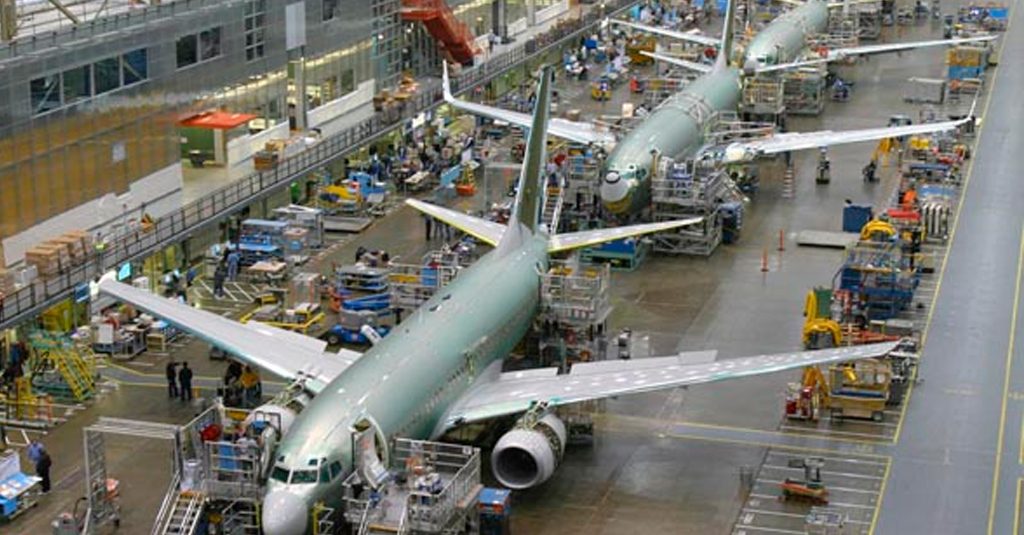The world today, is more revolutionized than ever before. Modern telecommunication, specifically the Internet, have changed the way we run business, collaborate and socialize. Aviation industry across the globe is looking to replace their existing training management systems with some effective custom e-learning solutions.
Business drivers are meant to meet regulatory requirements as well as improve learning and development experience for employees who are involved in diverse roles such as engineering, maintenance or front-end customer service. Digital learning can aid companies in the aviation industry to attain these goals, while cutting training budgets and increasing workplace efficiencies.
E-Learning in the Airline Industry
Traditional face-to-face classroom sessions were developed to sort learners using standard instruction, providing a simple way to compare learners’ capability with each other. The method of evaluating performance was more focused on problem-solving and decision-making. However, new industrial challenges are evolving with time. Airspace congestion is increasing and cockpit technology is advancing into this sector. Consequently, the learning needs of the industry have evolved and for a more proficient workforce, airlines should innovatively think of the ways in which training is provided.
The use of efficient Learning Management System (LMS) is important, as it is the primary method for implementing custom e-learning solutions. A geographically spread workforce and diverse job roles require flexible training approach. E-Learning has been widely adopted throughout the industry to control the training costs and accessibility. Most airlines deliver e-learning solutions through effective LMS implementation within their infrastructure.
Incomparison to other industries, the Aviation sector is heavily regulated in many areas from security to food service. The LMS is implemented to serve multiple purposes and varied groups that include pilots, engineers, cabinet crew, customers and others. Training leads to cultivating overall performance through effective use of airspace, thereby decreasing the industry’s overall environmental impact. Constant improvement in the culture and processes of airline systems improves the overall aircraft safety performance.
E-Learning Future in the Aviation Sector
Implementation of advanced technology to deliver training and development programs will stay for long. E-Learning has established a strong hold in the aviation industry. There are several application areas where e-learning can be integrated successfully. Some of these include:
- Training on flight simulation can be made more efficient by integrating online learning methods into training sessions. For instance, a pilot can seek in-depth knowledge about the cockpit, its features, functionality and standard procedure, using a real simulator.
- Safety training is implemented to update workforce with the health and safety regulations and understanding the measures to be taken as a part of everyday operations.
- Scenario-based training sessions are organized enabling learners to evaluate their performance in simulated real-time situations.
- Flight training is imparted to crew members during regular operations. It is an efficient training method of exchanging knowledge regarding aircraft operations, associated with specific situations.
- Legal questions and learner interaction is the focus of professional training. Flight safety is the main topic of concern, taught by some experienced flight specialists.
- Practical training sessions are conducted with an aim to enhance learners’ skills level and entire operation.
The airline industry training draws few behavioral patterns in learners before they are given the responsibility to accomplish their tasks in day-to-day operations, and then change these patterns as per the needs. The training team comprises of dynamic and proficient instructors who have practical experience, ensuring learners qualify the program with desired and relevant skills set. E-learning helps you acquire skills that set you apart from others, while applying for a job in this domain. It’s not only about providing cognitive knowledge, but also refining response times, quick-decision making and self-defense during adverse situations. The success of online aviation training has resulted in the enhancement of performance as well as learners’ satisfaction.








